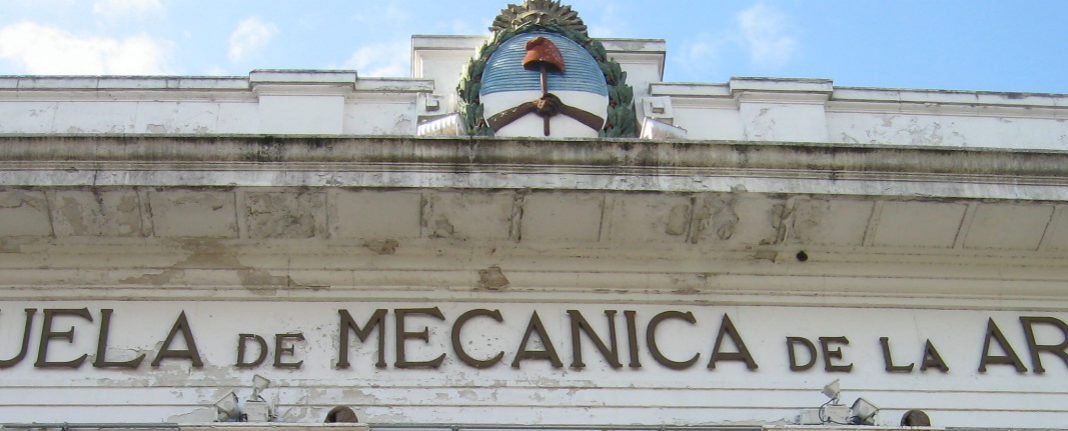The Minister of Justice and Human Rights, Julio Alak, affirmed today that “Argentina is a universal model for human rights” in heading the official commemoration ceremony at the former Navy Mechanics School (ESMA), for the 38th anniversary of the military coup.
 “Today we again repudiate the hate, the horror and the death that were born on the 24th of March 1976. We again commemorate the thousands of comrades and young people who fought and surrendered their lives for a better country. We again defend the centrality of the militants, the vitality of thirty thousand noble impulses always ready to return in their millions”, Alak insisted.
“Today we again repudiate the hate, the horror and the death that were born on the 24th of March 1976. We again commemorate the thousands of comrades and young people who fought and surrendered their lives for a better country. We again defend the centrality of the militants, the vitality of thirty thousand noble impulses always ready to return in their millions”, Alak insisted.
According to reports, the minister added through a statement, that “we Argentinians had the courage to try the genocidal criminals for committing state terrorism and we were able to achieve a true cultural transformation”.
“The shame that Néstor Kirchner said he felt on this very spot ten years ago has turned into pride, and the world recognises Argentina as a universal model in matters of Human Rights”, he recalled.
The minister praised “the politics of memory, truth and justice which NéstorKirchner initiated in 2003 and which Cristina Kirchner continued together with the Mothers, the Grandmothers, the Children of the Plaza de Mayo, the militants and the overwhelming majority of the Argentinian people, who did not want and ‘Never Again’ want impunity” in this country.
“The reconstruction of memory, the quest for truth and a steadfast vocation for justice are the pillars of the rule of law, and the inalienable priority of the new Argentina born on 25th May 2003”, he stressed.
Alak made these statements whilst participating in the official ceremony, to mark the commemoration of the National Day of Remembrance for Truth and Justice, on its tenth anniversary of the creation of the Space for Remembrance on the former ESMA premises.
For her part, the leader of the Grandmothers of the Plaza de Mayo, Estela de Carlotto, recalled that the recovery of the former ESMA generated “a feeling of triumph of good over evil”.
“Democracy must be staunchly defended”, said Carlotto, during the inaugural ceremony of the House of Identity, which will be managed by the Grandmothers and will operate in the former ESMA premises.
“They will not defeat us. We will continue to fight for our children’s dreams and the retrieval of our grandchildren. The transformation of places like ESMA, filled with horror, is an achievement that we accomplished with the courage and determination of Néstor Kirchner”, noted the Grandmothers’ leader.

